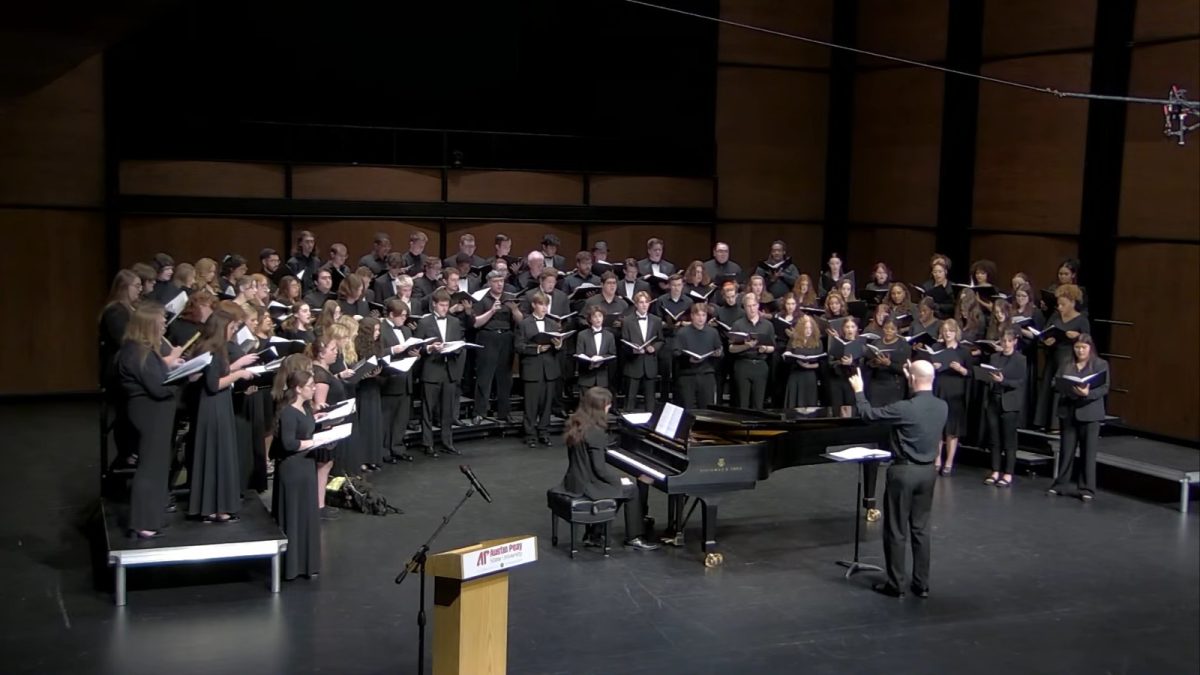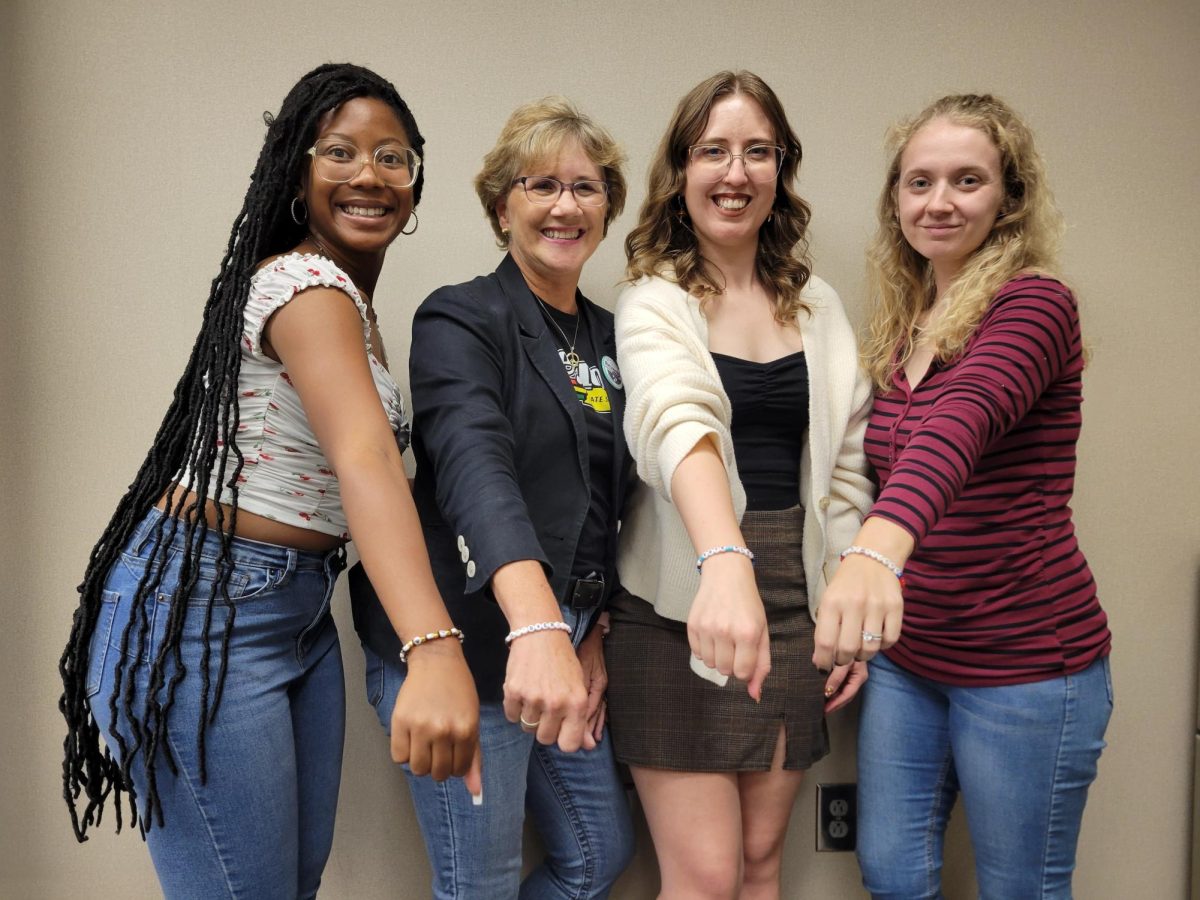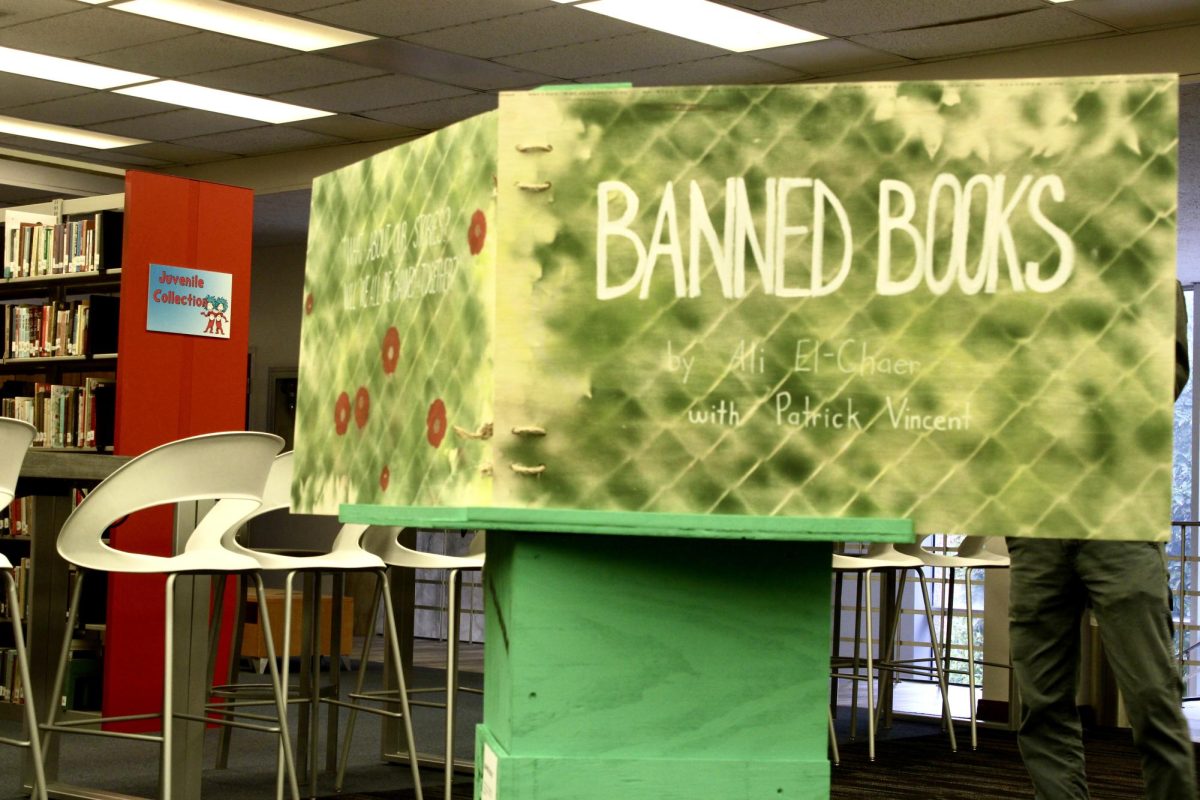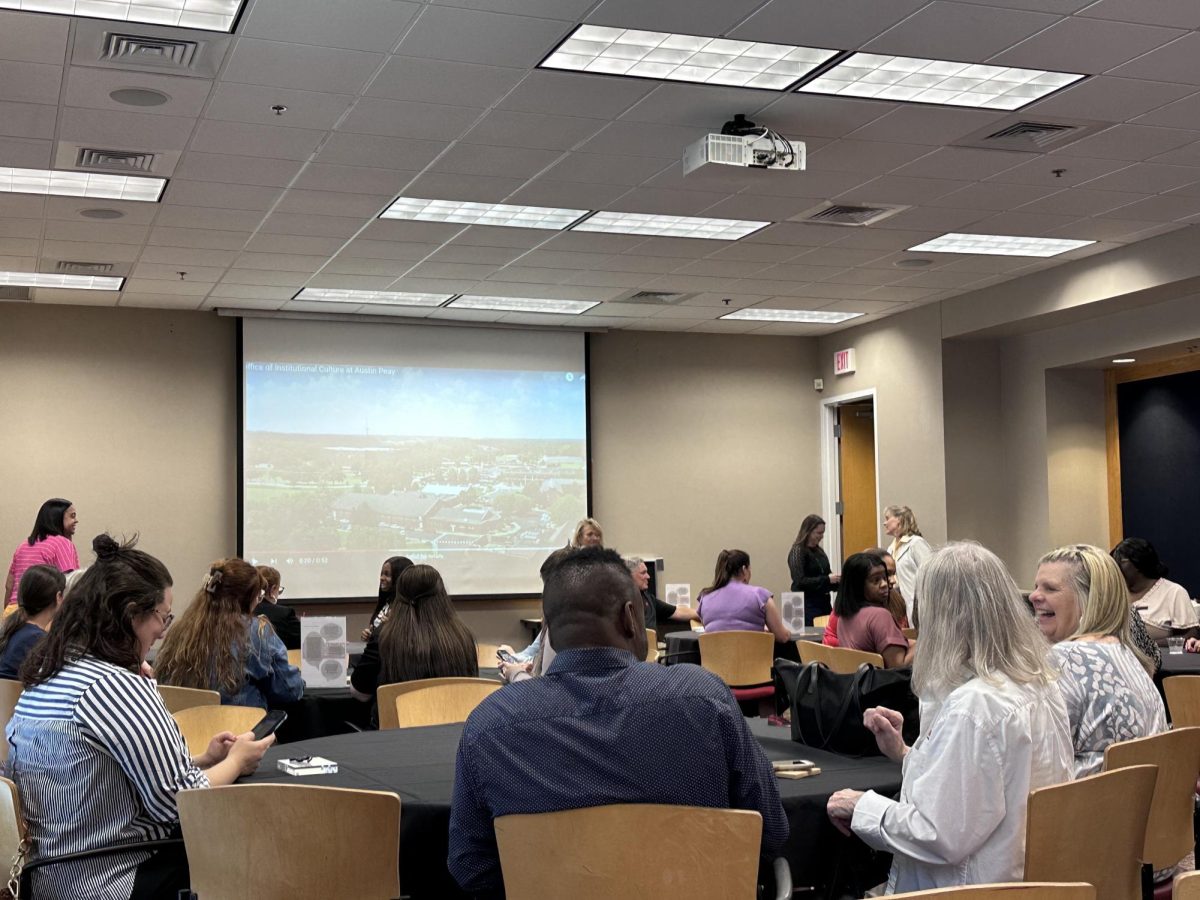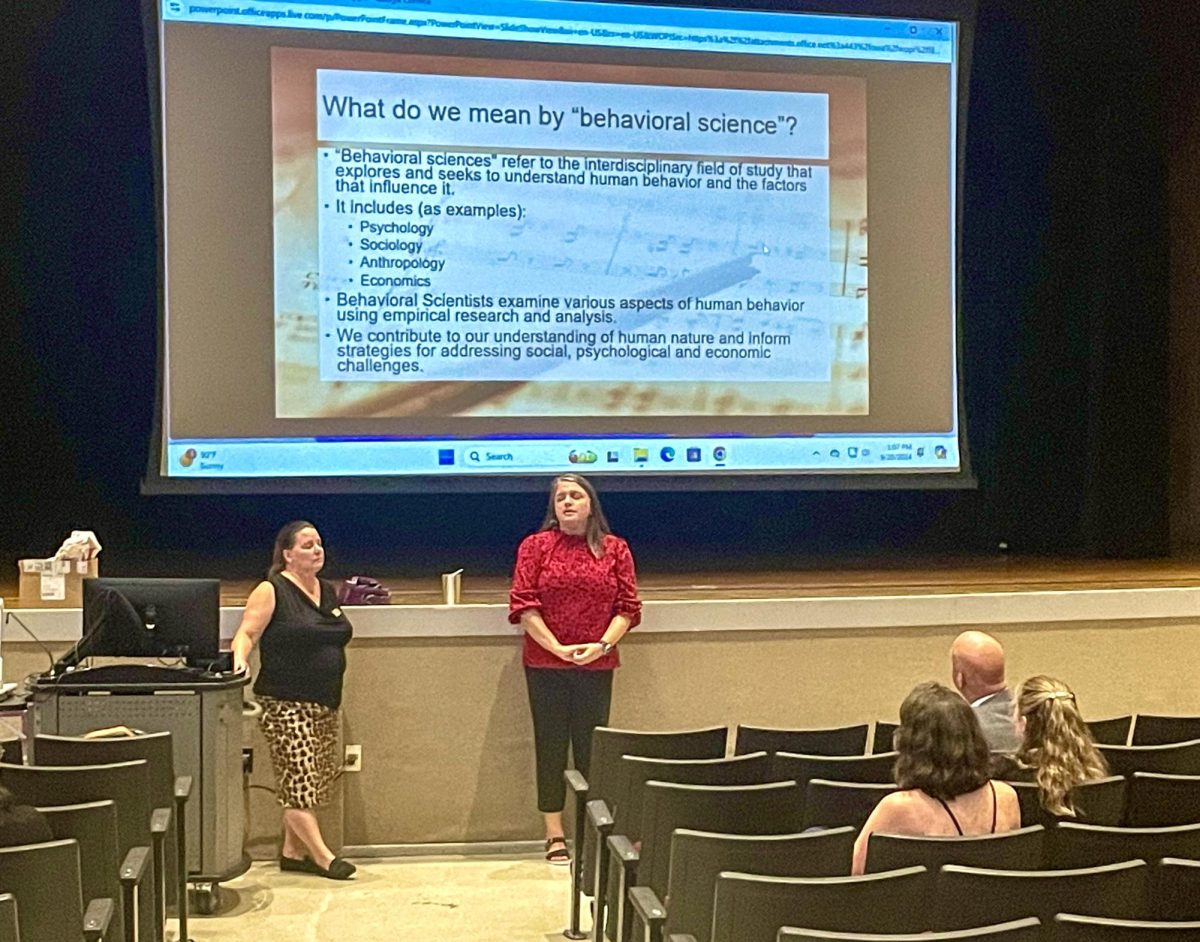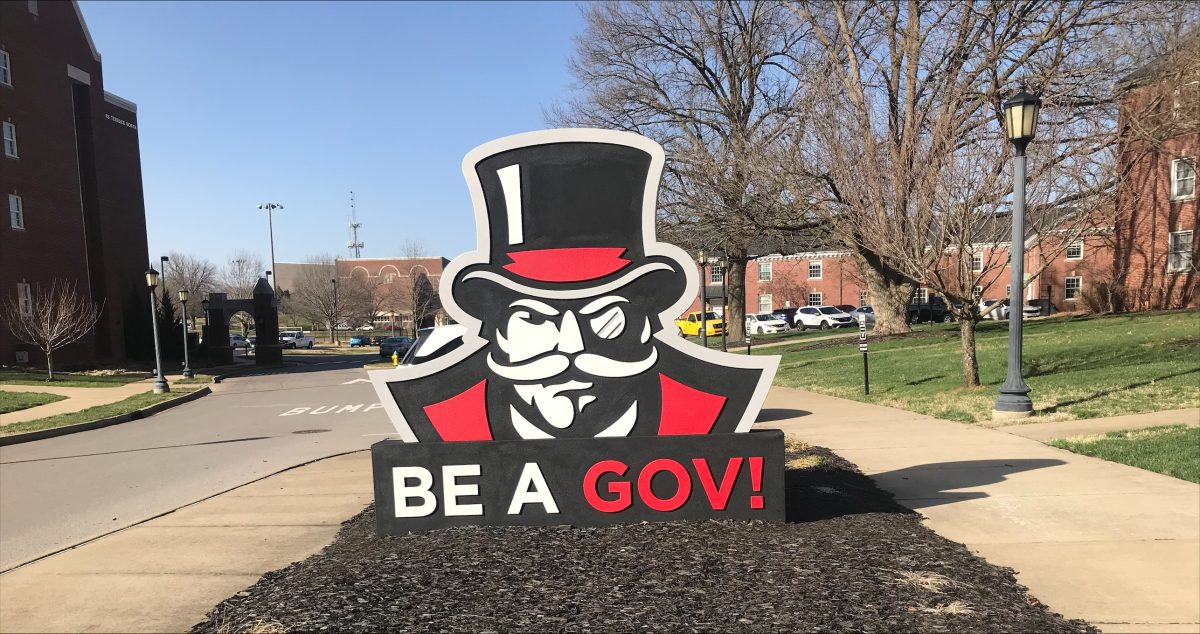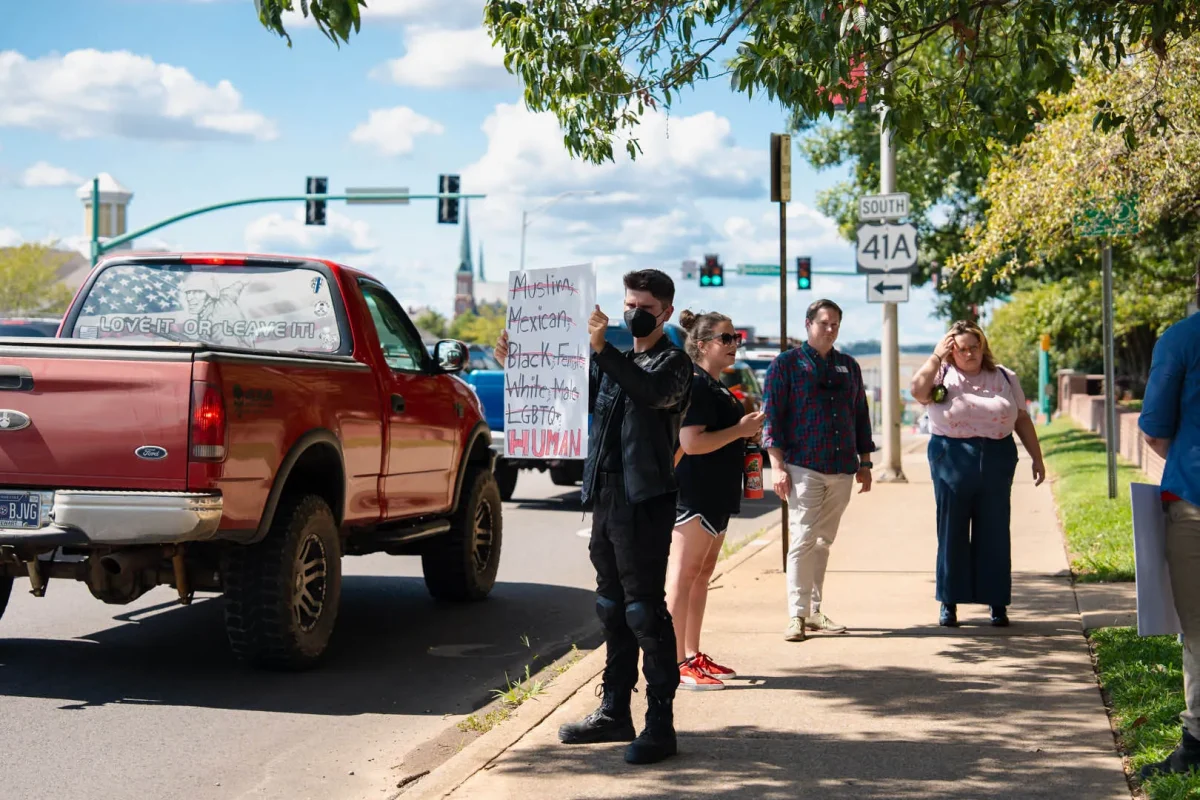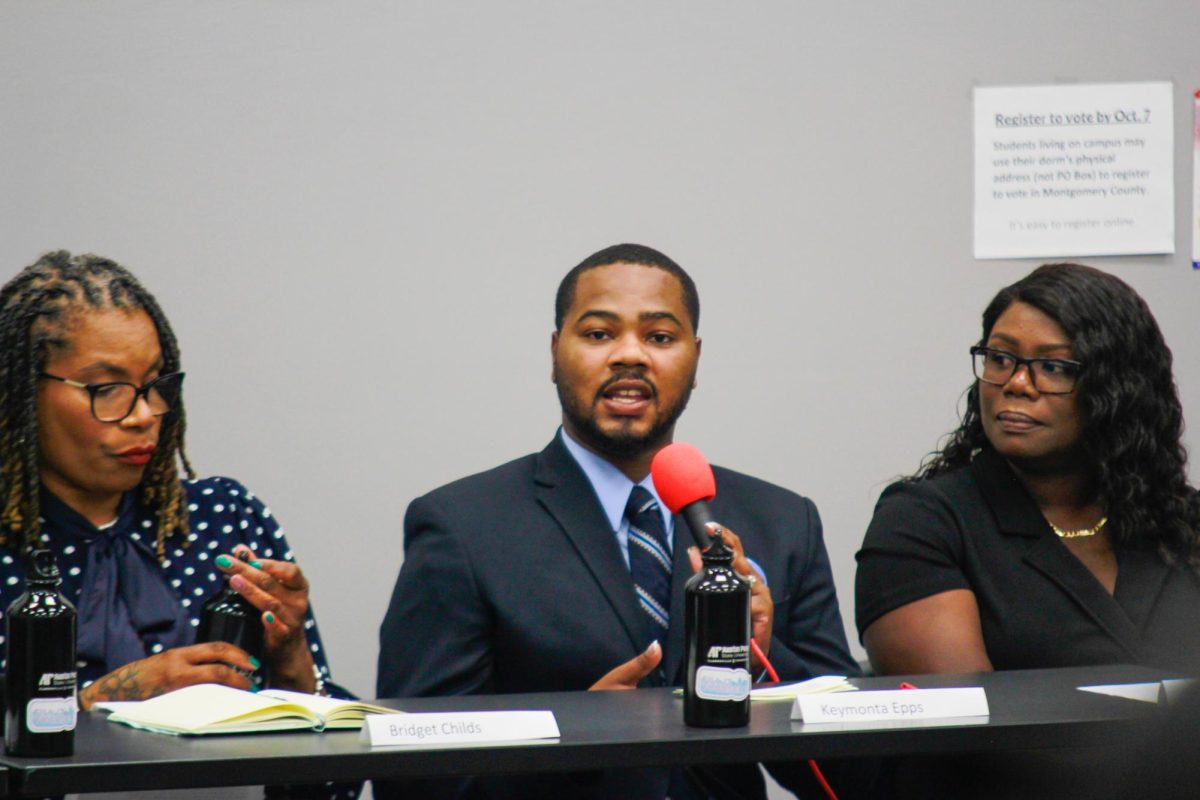MONTGOMERY— Gay couples began getting married in Alabama on Monday morning, Feb. 9, despite an 11th-hour attempt from the state’s chief justice — an outspoken opponent of same-sex marriage— to block the weddings.
The U.S. Supreme Court on Monday morning refused to block the marriages and let a hold on the federal ruling striking the ban expired. Minutes later, Alabama became the 37th state where gays and lesbians can legally wed as probate judges began granting the licenses to couples, some of whom had been lined up for hours and exited courthouses to applause.
“I figured that we would be that last ones — I mean, they would drag Alabama kicking and screaming to equality,” said Laura Bush, who married Dee Bush in a ceremony in a park outside the courthouse in Birmingham after receiving a license.
“I remember California, when they were giving it, then it was taken away, and they gave it back,” Dee Bush said. So the couple, who has been together for seven years and has five kids between them, decided to “get in there while we can and get it done.”
But not all judges issued licenses, despite the January federal ruling that the state’s statutory and constitutional bans on gay marriage were unconstitutional. Some followed a Sunday night order from Alabama Chief Justice Roy Moore that they refuse to give same-sex couples licenses.
Moore sent probate judges a letter saying that he still viewed such licenses as illegal under the Alabama Constitution and arguing that the federal judge’s order did not require that they be issued.
It was a dramatic return to defiance for the chief justice. He was removed from the post in 2003 for refusing to obey a federal court order to remove a washing machine-sized Ten Commandments from the state judicial building. Critics lashed out that Moore had no authority to tell county probate judges to enforce a law that a federal judge already ruled unconstitutional.
Greg Norris, president of the Alabama Probate Judge’s Association, said he had heard that only four of the state’s 67 counties were issuing marriage licenses to same-sex couples — likely due to the conflicting state and federal orders. Norris said that in his rural Monroe County, his office didn’t issue any marriage licenses.
“I’m hoping we can get some clarification,” he said.
Russell County Probate Judge Alford Parden said his office had turned away at least one same-sex couple because of Moore’s order but was issuing licenses to heterosexual couples. He said he considered the letter from Moore, the state’s top judicial officer, a binding court order.
Parden said he felt caught between state and federal court orders. “I think every probate judge in the state feels that way. … It’s an unfortunate event for all of us.”
In the port city of Mobile, at least nine gay couples had hoped to get marriage licenses, but the court didn’t open the division to anyone.
“They told us they felt like they were in a Catch-22,” David Kennedy, a lawyer presenting the couples, said of officials there. The couples filed a federal lawsuit against Mobile County Probate Judge Don Davis asking the court to force him to issue the licenses.
State Attorney General Luther Stranger — who requested that the Supreme Court extend the hold on the federal ruling and delay any issuing of licenses — said in a statement that the justices’ decision to allow marriages was likely to lead to more confusion. The high court is expected to take up the issue of gay marriage and issue a ruling later this year on whether same-sex couples have a right to marry nationwide.
In a statement, Gov. Robert Bentley noted that the Supreme Court would rule on this issue later and said, “I am disappointed that a single Federal court judge disregarded the vote of the Alabama people to define marriage as between a man and woman.” He said he agreed with the court’s dissenting opinion that the ruling represents a “cavalier attitude” toward the states.
In Montgomery, paramedics Melissa and Kimberly Martin finished their night shifts and decided to get married on the spot after seeing that the judge was issuing licenses. They got married in their “Roll Tide” University of Alabama football T-shirts and planned a fancier ceremony later.
“We had thought about going to New York or Florida. How amazing is it that we can get married here at home,” Kimberly Martin said.


